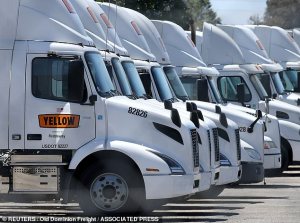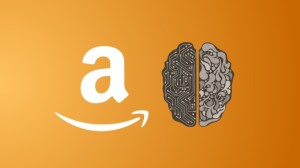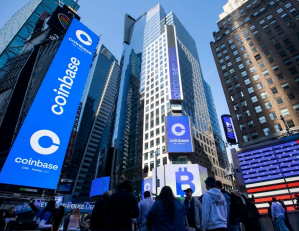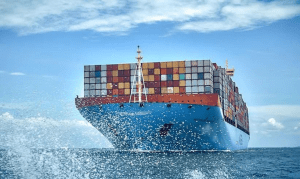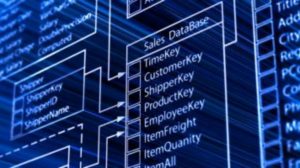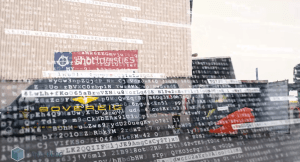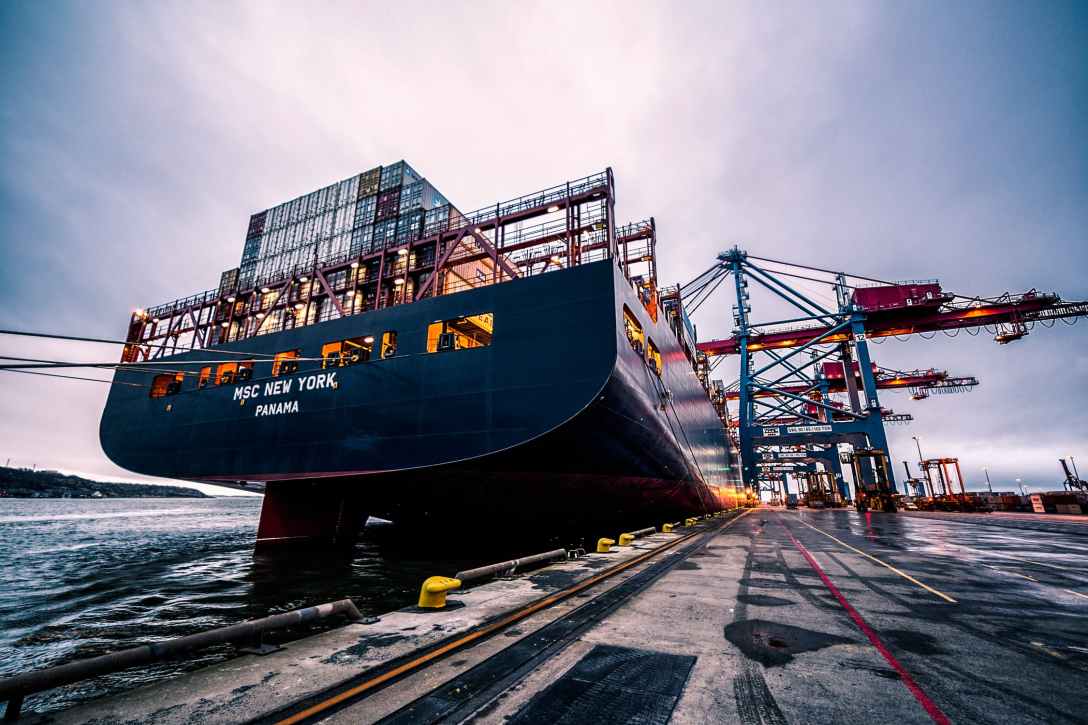Barcelona, April 26, 2022.- The world economy, any sector that produces machinery, household appliances, vehicles, computers, mobile phones…need chips for the operation of the electrical system. Europe and the United States will build new chip factories, but China (Taiwan) will remain the world leaders.
Continue reading “Taiwan, world leader in chip manufacturing for several years”Tag: data
Data is the largest digital asset that we own, but it is difficult to monetize this personal data on an individual level
Barcelona, June 1, 2021.- TechBullion has highlighted an analysis of blockchain technology in the management of our personal data. A decisive advance for the next few years.
Blockchain has proven to be one of the most disruptive technologies of the last decade. Initially conceived as a fair, trustless, and transparent way to record data and transfer value, blockchain-based projects and solutions have grown immensely over the last several years and have transformed the way we approach everything from healthcare, education, and governance, to entertainment, fintech, supply chain, and more.
Many of the changes that blockchain has brought about have been widely documented on the global and industrial scale, but as improvements are made in blockchain-based technologies, we are now able to leverage this bleeding-edge tech to empower users on an individual level.
For example, consider logistics and supply chain operations. While blockchain technologies can streamline the way the supply chain functions, they can also lower transaction costs for small businesses. Within those businesses, blockchain can also be used for granular analytics, payments, permissioning, and more – all on the level of the individual.
In the same manner, with the right tools in place, private individuals can now take control of their personal data – the same data that has built multi billion-dollar empires such as Google, Facebook, Snapchat and more. While these centralized platforms have been instrumental in the advancement of fast, modern, low-cost applications for every imaginable use-case, they were built by leveraging vast amounts of private user data often without the direct consent of the user and certainly without the user’s control over the data that was collected and monetized by these centralized entities.
Data has long been recognized as a valuable digital asset, but traditional, centralized platforms (often referred to as Web 2.0) deprived users of the ability to control and/or monetize their data. Data is the largest digital asset that we own, but it is difficult – in fact until now it has been impossible – to monetize this personal data on an individual level. At present, private individuals freely hand over this data to large, centralized companies who monetize it to their own advantage, with little to no benefit accruing to the true owners and producers of that data.
Blockchain technology has the potential to unite supply chain and logistics partners in a way that many likely never thought possible
Barcelona, May 25, 2021.- Food Logistics magazine has published a very interesting report on the application of Blockchain solutions in the food supply chain. An exciting challenge for the coming months and that he has explained with these arguments:
Touted as a way to reduce the abundance of emails, spreadsheets, manual labor and data silos that supply chain managers have grown accustomed to, blockchain seems almost too good to be true. Despite claims of it being an overhyped technology, blockchain can be transformative if careful consideration is given to the problem it will solve and the quality of data that is supplied. There are many questions that need to be addressed before a supply chain use case is considered. They may include: How accurate and complete is the company’s data? Is blockchain really the right solution, or can this problem be solved another way?
Early adopters are finding that applying blockchain to supply chain use cases can expose unique data sharing and digitization challenges. According to a study by Gartner, 80% of supply chain blockchain initiatives will remain at a proof-of-concept or pilot stage through 2022 because supply chain use cases still rely heavily on analog data. Researchers state that the need to digitally capture data from a multitude of sources is critical to achieving a requisite level of visibility that leads to blockchain maturity.
Blockchain use cases in the supply chain require a foundation based on global data standards. Key food industry players have discovered that an adherence to global data standards, such as GS1 Standards, is a critical part of preparing for this heightened level of automated and external data sharing.
The food industry is under pressure to step up traceability after an abundance of recalls and the U.S. Food and Drug Administration unveiling of the New Era of Smarter Food Safety last spring. In this plan, the agency called for a greater exploration of technology to modernize the supply chain and a stronger commitment to traceability to protect the public health. This activity, coupled with the Food Safety and Modernization Act (FSMA) traceability rules, means food companies will need to take action to digitize their supply chains. They will now be expected to possess far greater traceability capabilities than the minimal “one up, one down” record-keeping that is in place today, where a company may only have knowledge of where a product has come from and where it is going.
GS1 Standards give food supply chain partners the ability to share data among different information systems, so they can essentially speak the same language and carefully map their blockchain ecosystem. Standards also enable data capture and transactions between partners to be completed automatically, without the need for manual look-ups and conversions or follow-up with customers and suppliers to check basic facts about invoices, credits, delivery receipts, stock numbers, quantities, units of measure, purchase orders and other data sets being placed on a blockchain.
One particular standard that is foundational to data exchange in a blockchain implementation is called Electronic Product Code Information Services (EPCIS). Think of EPCIS as a standardized application program interface (API). Typically, an API is used to specify how software components should interact. EPCIS removes barriers that can be caused by the use of disparate, proprietary data systems. It allows businesses to capture and share information about the movement and status, the what, where, when and why of products, logistics units and other assets in the supply chain.
With standards in place, a company testing blockchain is also more likely to commit to effective data quality management, with strict data governance and attention to detail before any data is shared externally. Without standards-based collaboration for data sharing systems, manufacturers and their partners risk creating and sharing an expensive and inefficient ledger of potentially bad data.
The root causes of data quality issues are usually basic inaccuracies (errors during item setup, for example) or incompleteness (a lack of full product attributes in a listing). Think of blockchain as a mechanism to record data. It has the unique features of immutability, more security and smart contracts to execute predetermined terms and conditions. However, it is not designed to add data where none exists or to fix errors. If supply chain partners are identifying products according to GS1 Standards and capturing and sharing data in a standards-based framework, data can be transmitted in more consistent formats in order to feed quality information to a blockchain.
Quality data is imperative to achieving the most popular blockchain use cases in the food industry right now—food safety and product information transparency. Without complete and accurate information, recalls can be slowed down or allergens may not be properly declared, but both can put consumers at risk. In an industry where all trading partners should be working toward the common goal of food safety, it is worth the investment of time and effort to ensure data quality issues are dealt with before errors become unchangeable through blockchain.
Companies cannot simply go “get a blockchain” on their own. The full trading partner network has to be open and ready to implement the technology for it to fully function as intended. Sometimes, that network can achieve a supply chain use case such as traceability or transparency even without the use of blockchain, through standards-based collaboration.
The Independent Purchasing Cooperative (IPC), the supply chain purchasing organization for Subway restaurants, is one example of a company that evaluated blockchain and found that their existing systems based on GS1 Standards were already capable of doing what blockchain could do. Now, their blockchain initiative has been paused while the organization focuses on bringing more of their partners on board with the standards that will eliminate manual work and provide the best foundation for food traceability. Collaborating with partners is now the focus.
“Having all parties using standard unique identifiers for products and locations and being able to capture and share data so it’s all easily understood from system to system is the critical starting point. With traceability, it is in everyone’s best interest to start with a single source of the truth. Standards provide data consistency as the information and products move between partners,” says Lucelena Angarita, director, supply chain systems and standards at IPC Subway.
IPC and others like them are not swearing off blockchain altogether. Instead they are finding that there are aspects of it, such as smart contracts and the ability to automate accounts receivable and accounts payable processes, that can be useful in the future. While a company may not choose to continue with a full implementation of blockchain, the exploration of blockchain forces them to take a closer look at how to support a future where massive amounts of data will be shared in new ways.
This is really what’s at the heart of the blockchain explosion—a renewed interest in sharing quality data farther and faster. Even though blockchain remains in a nascent stage, supply chain managers are faced with tremendous pressure to innovate quickly. Taking a thoughtful and coordinated approach to preparing for a new frontier of digital transformation now ensures the supply chain of tomorrow will operate with more fluidity and consistency.
Reflection on the real and true importance of #blockchain #technology in the #supplychain, today
Barcelona, January 24, 2021.- We have read this analysis by John Walker, President at Holo Sail Holdings Incorporated CEO at Holo Sail Technologies Inc. on the relevance of Blockchain solutions in the supply chain. We hope you find it interesting because of the data, the discussion, and it is useful to his company in the current digital transformation environment.
Continue reading “Reflection on the real and true importance of #blockchain #technology in the #supplychain, today”











